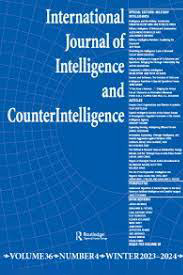The early history of the postwar West German foreign intelligence service is replete with accounts of former Nazi security officers who were recruited by the newly founded service thanks to their professional experience, connections, and anti-Soviet credentials, only to later be exposed as Soviet moles. Focusing on the case of Heinz Felfe, this article puts forward the argument that the reaction of a secret service to the impending exposure of moles can be even more harmful than their actual activity. Enemy moles in intelligence organizations are dangerous in more than one way. They cause damage, of course, when they operate in the dark, but also cause just as much, and even more, damage when exposed. The fear of public scandal incentivizes irrational behavior, aggravating rather than decreasing the dangers facing the service.


